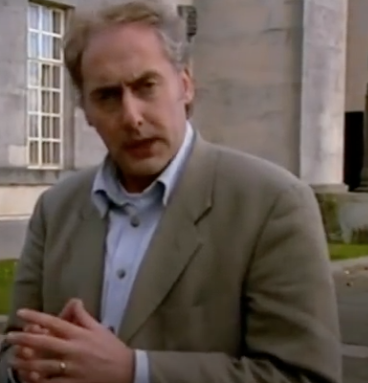- Return to sender - 20th February 2026
- Legal eagle - 19th February 2026
- Round Robin - 19th February 2026
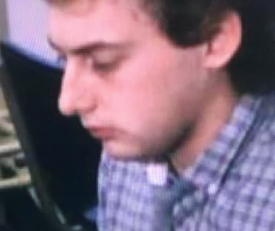
During 23 years with the BBC, and a 41 year journalistic career (when he was trained to use clear and simple language, avoiding jargon), for our Editor, Welshman Phil Parry identifying important stories was key – and now this is underlined by the death of the Hizbullah leader Hassan Nasrallah, as it is HUGE!
“This is HUGE”, my first News Editor on the South Wales Echo (SWE) based in Cardiff used to say!

I can just imagine News Editors in other capital cities across the world shouting this to their staff after the death of the Hizbullah leader Hassan Nasrallah.
As Sky News put it on Saturday: “This is a very big moment, not just in this conflict but for the future of the Middle East”.
So let’s look in a bit more detail at Mr Nasrallah, and the organisation he led.
During the civil war in Syria (which is headed by the dictator Bashar al-Assad who has overseen the torture and deaths of thousands of civilians), Hizbullah fought on the side of the Syrian army.
Mr Nasrallah led Hizbullah (which is based in Lebanon) through decades of conflict with Israel, overseeing its transformation into a force with regional sway and becoming one of the most prominent Arab figures in generations.
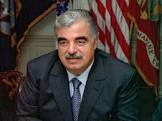
He enjoyed cult-like status among his Shiite Muslim supporters, and his organisation had a formidable arsenal which was far bigger and more modern than Lebanon’s national army, dominating the country’s institutions.
Under his leadership, Hizbullah has faced enormous criticism for its alleged involvement in the 2005 assassination of Lebanese Prime Minister Rafic Hariri and the 2020 Beirut port explosion.
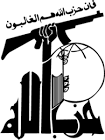
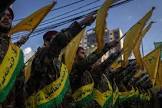
Hizbullah is a Shiite Muslim political party and militant group, which while in Lebanon has fostered a reputation as “a state within a state”. It is backed by Iran, and driven by violent opposition to Israel as well as the West.
It is considered a terrorist organisation by the United States and many other countries, and has deep-rooted military alliances with repressive, anti-Israel regimes in Iran and Syria.
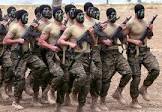
Hizbullah has extensive (although waning) support among Lebanese civilians, and provides services, but its role is highly controversial.
Some Arabs reacted with glee to Mr Nasrallah’s death. In Idlib, for example, people handed out sweets to celebrate: Syrians will remember Mr Nasrallah as a butcher whose men starved and killed them.

The Gulf states have kept mum, but it is a safe bet that champagne corks popped in palaces in Riyadh and Abu Dhabi.
It has given vocal support to Hamas in Gaza (although bizarrely Hamas is Sunni!), and since the invasion has lobbed over a hundred rockets into northern Israel killing civilians.
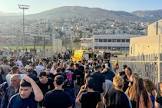
One of the rocket strikes blamed on Hizbullah killed 12 children in the Israeli-controlled Golan Heights.
A rocket had slammed into a soccer field where the children were playing in the mainly Druze town of Majdal Shams in July, but in an unusual move, Hizbullah denied any role in the strike.
This could have meant it was actually embarrassed by the action, and Israeli high command had no doubt that it was to blame (the rocket had overshot a nearby army base).
Even the morning after Mr Nashrullah was killed, Hizbullah fired dozens of rockets at northern Israel, although that was no different from its tactics in previous days.
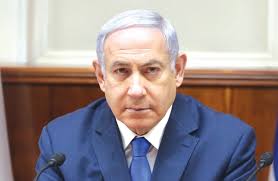
Israeli Prime Minister Binyamin Netanyahu vowed heavy retaliation afterwards (and it seems to have happened).
However the recent Israeli campaign against Hizbullah in response to all of this (which may have culminated in the death of its leader) has captured headlines for all the wrong reasons.
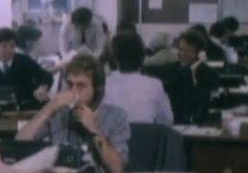
On Friday alone it’s been reported that at least 31 people were killed, including three children and seven women.
But killing Mr Nasrullah is BIG, and News Editors everywhere will recognise that.
Mine certainly would have done…
Other big stories Phil has covered in his long journalistic career, as he was gripped by the rare neurological condition Hereditary Spastic Paraplegia (HSP), have been released in a major book ‘A GOOD STORY’. Order it now!

Tomorrow, how a second play exploring the anti-Semitism of Roald Dahl, shines the spotlight once again on another major story – the growing concern that he has been honoured by the Welsh capital.








